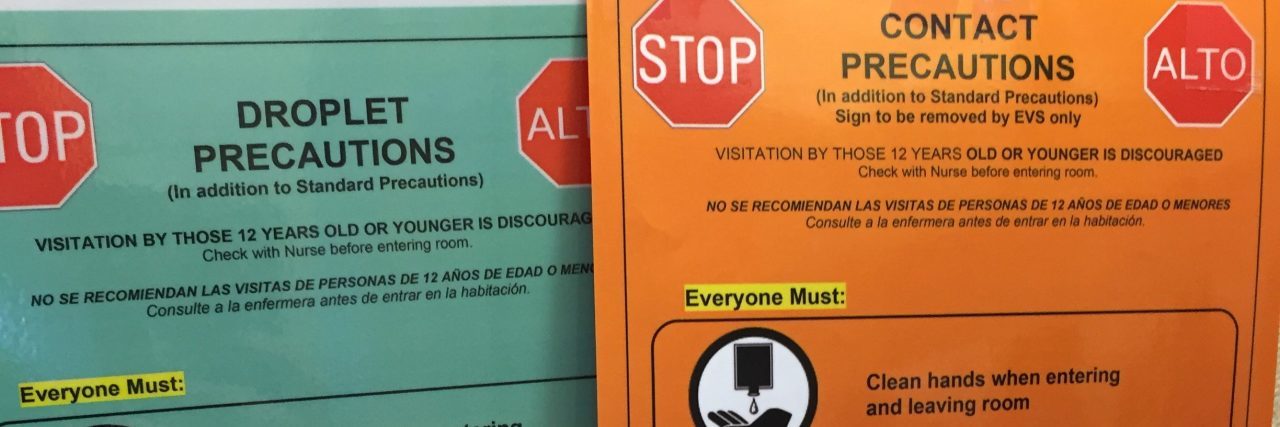During the COVID-19 pandemic, we’ve heard talk about people with weakened immune systems. “Compromised immunity” is thrown out as a quick label without any details. Some say the ones dying of COVID-19 were “sick anyway,” or “already in a nursing home.” While that may be true, I cannot separate myself from the emotion of what it means to me. That was my dad. If he were alive now, he would be lumped into that group. The facts may imply that many of us are safe, but people at higher risk deserve better than to be brushed off as a non-issue. Many times over the last few months I’ve wished that more people understood what life with compromised immunity is like.
A person with compromised immunity may be…
- Struggling with recurring infections and increasing complications.
- Limited in their medication choices due to dangerous reactions or interactions.
- Weakened by multiple health problems.
- Running out of options for treatment.
- Susceptible to infections that don’t harm most of the population.
- Worn down by the stress of emergency treatment and hospitalization.
Compromised immunity is not a statistic. In April of 2018, my dad passed away after battling MS for decades. For about 18 months before his passing, he struggled with extreme infections. He fought recurring abscesses, sepsis and pneumonia. Whether we realized it or not, several times during those months he was near death. Living with a faulty immune system can be a difficult, stressful and terrifying ordeal. If more people understood this, I don’t think we’d be arguing as much about taking basic precautions against COVID-19. Each story is different, but I think it’s fair to say that no one in this condition wants a viral attack on top of what they are already facing.
Compromised immunity is invisible, and the connection is certainly unseen on family members. Just as we can’t see the virus spreading or attacking, we can’t see the millions of people we’re protecting when we’re careful about social distancing or wearing a mask. In grocery stores and other public places, we encounter people who either have weakened immune systems, or they live or work closely with people who do. They might appear healthy, but they or someone they love may be in the fight of their lives.
Compromised immunity is common, affecting around 3 percent of the U.S. adult population. It is not necessarily a disease on its own, and can be only one component of an illness. Weakened immunity affects people with health conditions related to 130 primary immune system conditions, cancer, organ transplants, autoimmune diseases, and other chronic conditions. If all these people and their close relatives wore a button marking who they are, you would see that button all over town.
If you are fortunate enough to not know all of this already, I hope you will take my words to heart. The next time you hear a reference to people with weakened immune systems, please listen closely to what the COVID-19 pandemic means to them. The risks may not apply to you, and they may not strike your emotions the way they do mine. However, chances are high that someone within your circle of influence is affected.
Our mantra during the pandemic is true: we’re all in this together. We are, but we’re not all equally or fairly equipped with great immune systems. We’re all in this together, but for some people the odds are cruel, and they are facing an unfair fight.
For more on the coronavirus, check out the following stories from our community:


